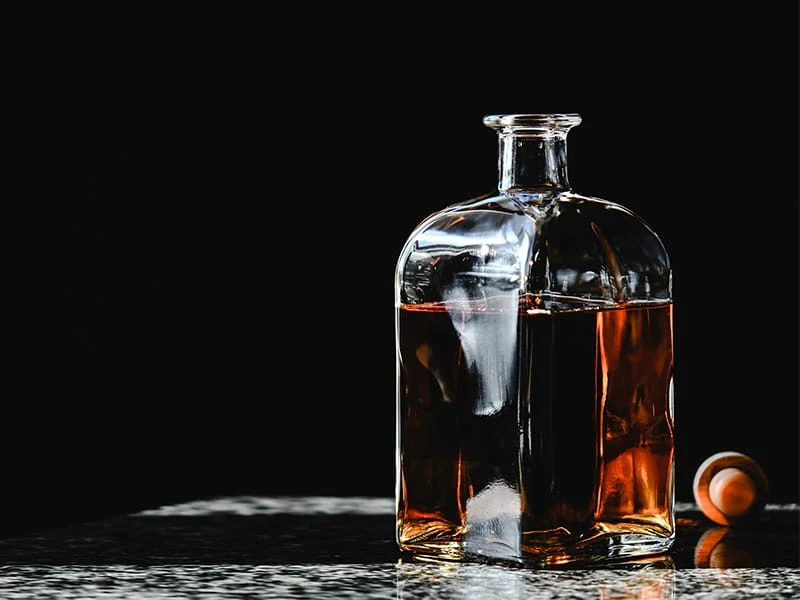In technical jargon, frosted glass is a transparent sheet of glass that has been etched or sandblasted to make it opaque. The glass appears transparent due to light dispersion during propagation, limiting perceptibility even while it propagates light. Frosting may also be produced by adding a vinyl coating to the glass surface that functions as a stencil or by using canned frosted glass sprays.
This is the most common type of obscure glass — more or less opaque, with an extremely fine and smooth texture and a white appearance. Popular for shower doors, office workspace partitions, retail storefronts, and more, frosted glass provides the functionality of glass with partial or full privacy.
Acid-etched glass, also referred to as French Embossing, is one of the earliest artistic glass methods. It was invented decades ago when artisans realized that heated fluorite put on glass had the same effect as hydrochloric acid. Low-iron, transparent, or colour float glass is treated on both sides with acid. It melts the glass to a desirable transparent appearance with a flawless feel.
This method allows you to play with various levels of obscurity, resulting in high-quality creations. For even more personalization, the glass may be carved into elaborate patterns, colours, and even painted. It’s also easier to maintain, less expensive, and smoother than other methods like sandblasting.
The main disadvantage of acid-etched glass is that it necessitates additional safety precautions owing to the dangerous nature of the material. As a result, it is frequently manufactured in other countries. They also have fewer unique design options and aren’t as robust as laminated glass.
Sandblasted glass is compressed glass that has been bombarded at high pressure with grit or other caustic elements. When it comes to molding the glass to produce a usable pattern, it’s often contrasted to acid-etching.
You may take the design an extra step by concealing off the sand with masking tape. In comparison to anything you purchase that is custom, these designs are usually far simpler and more widely obtainable.
The sandblasted glass comes in a variety of gradients and opacities. It’s a lot more than acid-etched glass. It’s also extremely durable, with no peeling or chipping over time. It offers additional customizing options and brightness levels. It’s just a more in-depth approach to design.
One disadvantage of sandblasting is that it is hard to clean. This is particularly evident if you store it. To protect the glass from being broken during manufacture and storage, you must follow particular criteria. It’s also more expensive to produce, so getting the opacity level incorrect may cost you a lot of money.
Glass is an essential industry product that has been adapted to various uses,Plz contact valiant and get more information.














